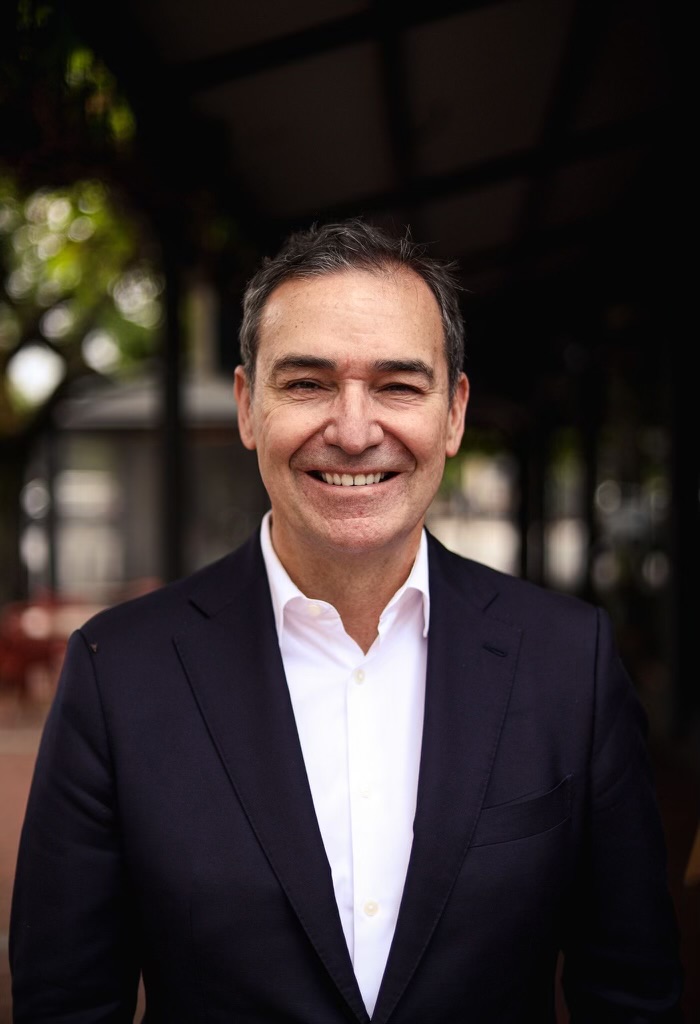The COVID-19 pandemic has had an unprecedented impact on all aspects of daily life in the United States and around the world. My laboratory at Yale University has been closed since the start of March and it is undetermined when we will be able to return. Yale University, located in New Haven, Connecticut is approximately 1.5 hours drive from New York City (NYC), the epicenter of the US outbreak. The New Haven region, being at the doorstep of NYC, has been hit hard with over 7,000 cases and almost 500 deaths. In comparison, the entire state of New South Wales with a much larger population has only 3,000 cases and a significantly lower mortality rate. Given the disproportionate impact in this region, it has been a priority of researchers at Yale to investigate various facets of the COVID-19 outbreak.
My research at Yale is focused on human genetic variation and its contribution to diseases. The majority of COVID-19 efforts have focused on improving availability of testing, effective anti-viral treatments and the development of a vaccine. However, an unappreciated question is why some people are asymptomatic or mildly affected, while others are severely affected by this virus. Unlocking this conundrum will yield important clues to how we can better fight the disease. Pre-existing health conditions and age are the obvious contributors but do not explain all of the individuals that are severely affected. The human genetics research community believes that genetic variants may contribute and explain the different effects COVID-19 have on people (i.e. the host). This led to the rapid creation of an international consortium called, “The COVID-19 Host Genetics Initiative” in which my colleagues and I at Yale are some of the 158 registered studies participating in the data sharing and analysis efforts.
The main aim of this consortium effort is to identify genetic variants and regions within the human genome that are over-represented in cases compared to controls. These analytical approaches have successfully identified regions that have been associated with complex diseases such as schizophrenia and various autoimmune diseases. In addition, they have also improved our understanding of host genetic susceptibility of other viruses such as HIV. Researchers have learned from all these studies that the biggest contributor to statistically significant and reproducible results was sample size. Hence the only way this could be rapidly achieved would be to have as many sites around the world contributing to this effort.
We plan to employ decades worth of advances in genomic technologies and analytical methods to tackle this problem. The logistics of sample collection for data generation will be our biggest challenge. Yale will piggyback on an existing genetic population study of the New Haven region called the Generations Project, to contribute in the creation of a local cohort consisting of hospitalized patients, healthcare workers and individuals that have tested positive for COVID-19. The ongoing recruitment of these cohorts for high quality data generation is anticipated to take months. My role will be to contribute with the processing and the analysis of the genetic data once the DNA extracted from blood has been sequenced. I’m excited to be a small cog in a massive machine that will further our knowledge on the impact of COVID-19 on human health.
The efforts to identify genetic contributors of COVID-19 host response is not merely an academic pursuit but has real world impact. Firstly, it will allow us to predict those in the community who may be at an increased risk of being severely affected, particularly those who appear relatively healthy. In addition, those who are at an increased genetic risk should be prioritized to receive the vaccine once developed. Lastly, it may identify existing drugs that may be effective or guide in the design of targeted therapies for at-risk individuals.
The COVID-19 virus is no doubt a once in a lifetime crisis that we as a global community are living through. It has highlighted how connected we all are and the need for true “Aussie mateship”, where the strong need to make sacrifices to protect the weak. It has mobilized the scientific community as I have never seen before, where petty things such as authorship and credit are the last things on our minds. I am in a very fortunate position that my love for human genetics may help in improving our understanding of COVID-19 in the coming months.
Live data taken from Johns Hopkins University Coronavirus Resource Center website:


